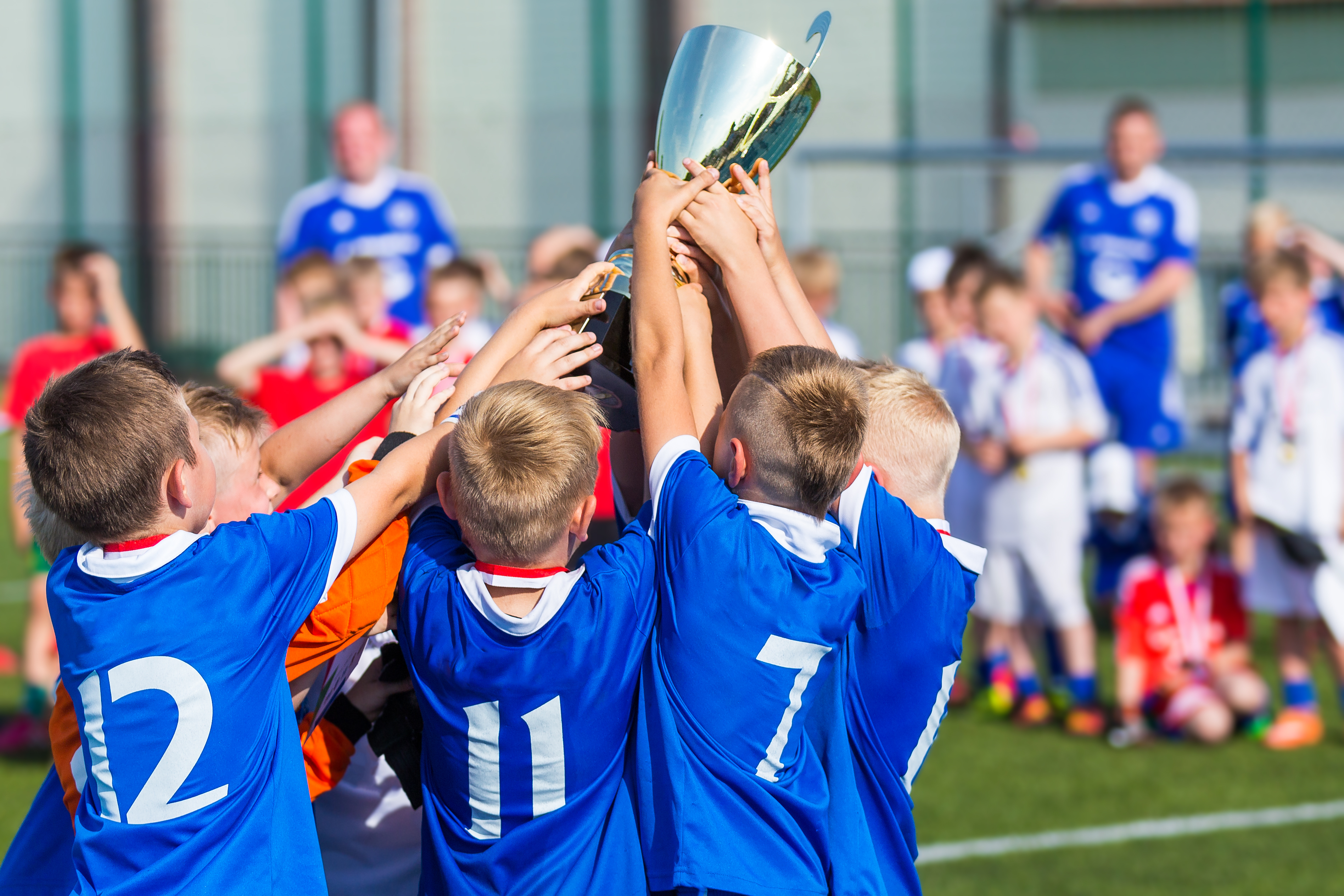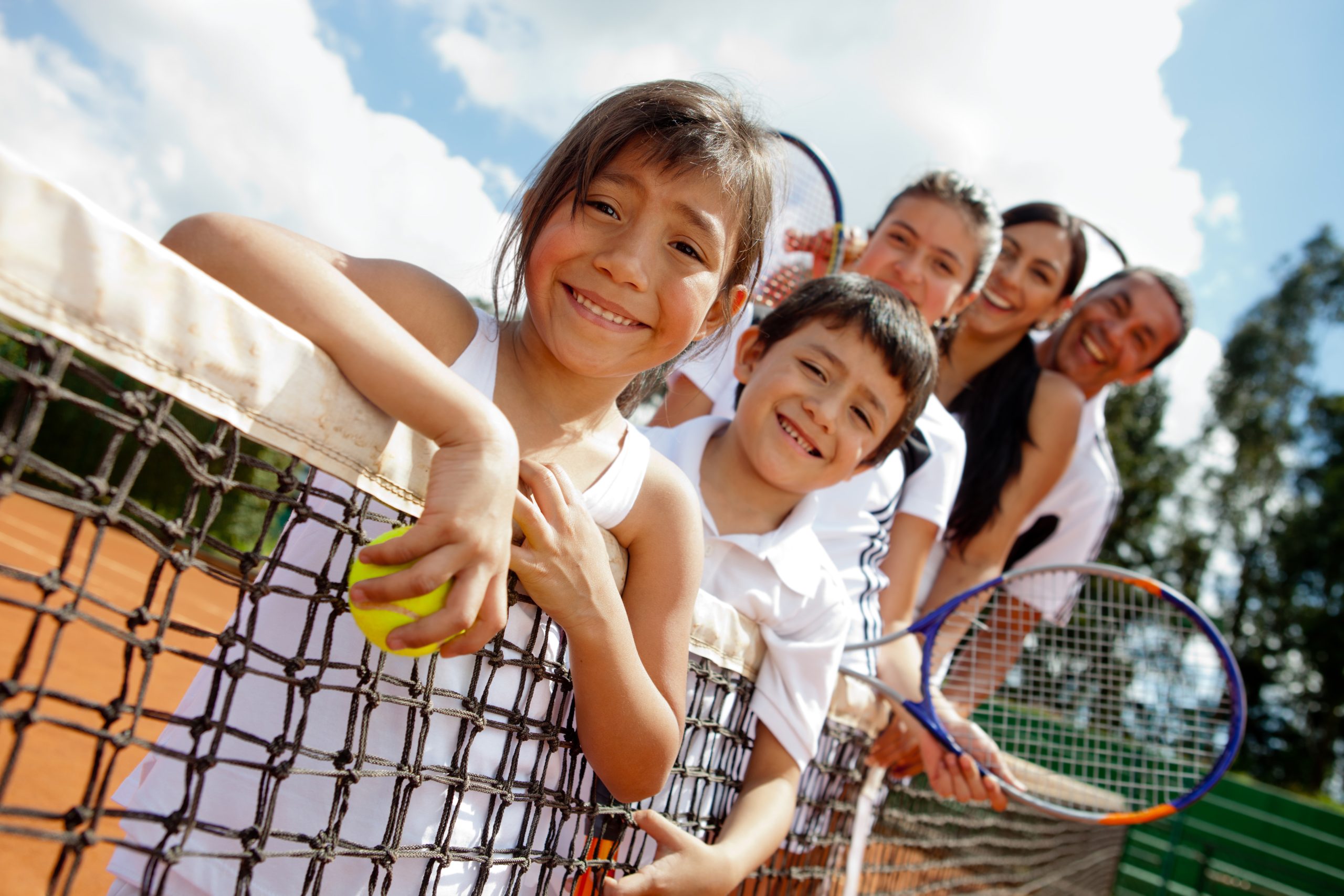Life is competitive, and children learn that it’s best to be good at things from a young age. Here are some reasons why learning to lose is just as important as learning to win.
Many aspects of a child’s life are connected to being competitive: in kindergarten, some children can do something faster or better than other children can. In school, some children do very well in spelling or they always win in sports. While it is important for parents to teach children to win and succeed, teaching them to lose is just as important. By showing them that losing is not the end of the world, children learn that life is full of second chances.
What Can Children Learn from Winning?
Winning a game or being the best in the class gives children a good feeling about themselves and makes them proud. It shows them that they are good at something which builds their self-confidence.
A confident child is more likely to develop a ‘can-do-attitude’. This is because the experience of winning helps children get motivated to take the next steps to achieve even bigger goals, such as jumping even further. Competition is also helpful to inspire children to do more than is required. This is an ability that prepares children for a variety of situations in their future lives, when it is up to them to make the decision whether they want to be part of the crowd or to be recognized for going a step further. In that sense, winning competitions helps children to succeed.
The feeling of winning prepares children to think more strategically. In board games, children know that they can only win by being more clever than their opponents and children who know that they need to follow the rules will start thinking more strategically in order to win the game. Placing emphasis on thinking more strategically to win games also helps children win by learning to follow the rules. By winning and following the rules, children learn that they can win without cheating, but by accepting the same set of rules that the opponent has to follow.

Copyright: matimix
Games Are Not Just about Winning
For parents, it is important to remember that there is a lot more to winning a competition, says Kenneth Barish a professor of Psychology. Every competition is a socializing experience for children. Participating in competitions in kindergarten, at school or at the playground can help parents teach their kids about the importance of teamwork, commitment to a task, cooperation and respect for the opponent. Every game is also an opportunity for children to learn to play by the rules. Even though these rules seem arbitrary to children, they need to learn that rules serve particular purposes. Competitions are a good place to demonstrate the reasons behind the rules to children to help them understand them and follow them.
What Can Children Learn from Losing?
The feeling of losing and moving on are particular skills children need to develop in order to deal with negative experiences in life when they become older. It might not seem fair to children that one kid can do something faster or better than they can, but parents can teach their children that everyone has different talents and that it is impossible to be good at everything.
Research has shown that losing games is helpful for children because it teaches them to show empathy and cope with the experience of losing.
Christine Carter, who has published books on parenting, says that children need to practice losing in order to be able to cope when they lose in a competition in front of their peers.
Children who do not experience losing can grow up to be anxious, because they start seeing the possibility of not winning as some form of harm and they cannot deal with situations that do not go their way.

Losing a game is the only way for children to learn from their mistakes and think about strategies to improve. When children improve their skills and win the next time, they do not only get better at the sport or game, but they also learn something new. Learning new things increase children’s confidence and their self-belief and they start to be proud of their abilities.
When children lose, they also learn to identify themselves with others who have lost. Melody Brook, a therapist in Texas, says that the experience of coping with loss is helping children to show empathy towards other children in the same position. A child that has never lost a game will not realize that everyone struggles in life.
Finally, losing shows children that they need to work hard in order to have success, because good things are not just handed over to them. These situations also help children to lose with grace in front of others and to be seen as a fair loser.

















